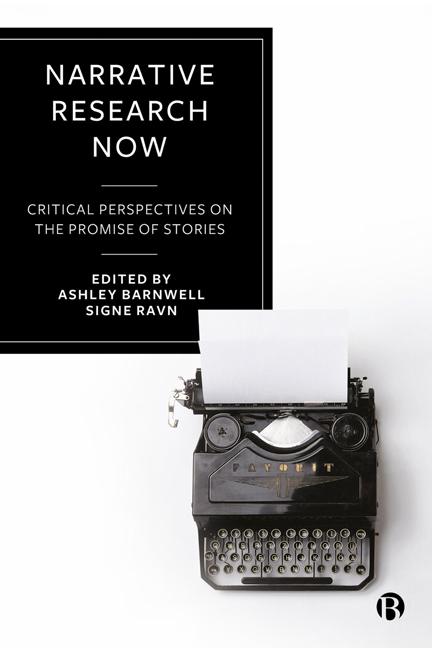3 - Policy Narratives and Policy Change: The Case of Pill Testing
Published online by Cambridge University Press: 28 March 2024
Summary
Narrative and public policy
The importance of narrative in public policy is now widely recognised by academics and practitioners. Organisations like the Frameworks Institute, the Center for Story-based Strategy and the Narrative Initiative have been established primarily to pursue policy outcomes through narrative. Likewise, publications like The Atlantic, New York Times and Stanford Social Innovation Review have featured stories on the role and function of narratives in public policy. In academia, frameworks like the discourse coalition framework (Hajer, 1997; Hajer and Laws, 2006) or the narrative policy framework (NPF) (McBeth et al, 2007; Jones and McBeth, 2010) have, at their core, a concern with narrative.
At the same time, a question remains regarding the specific contribution of narrative to changes in public policy. Indeed, the concept of narrative is missing from several of the dominant theories of policy change, including the advocacy coalition framework (Sabatier, 1988; Weible and Sabatier, 2007), the ‘three streams’ approach (Kingdon, 1984) or Baumgartner and Jones’ (2010) punctuated equilibrium. The most notable attempt to address this gap is the NPF (McBeth et al, 2007; Jones and McBeth, 2010; Jones and Radaelli, 2015). As part of the NPF, advocacy coalitions are seen to ‘embed stable policy core beliefs in their narratives, and then use those narratives to further dynamic political strategies’ (McBeth et al, 2007, p 102). At the same time, the NPF has been heavily criticised for the incompatibility of its positivist ontology and epistemology with the constructivist underpinnings of narrative approaches (see, for instance, Dodge, 2015). In particular, the NPF’s reliance on the hypothetico-deductive method has caused significant reproachment from interpretivist-constructivist policy scholars.
While these criticisms may be valid, they do not necessarily advance our understanding – from a constructivist perspective at least – of how narratives and policy change might relate to one another. Considering this, the purpose of this chapter is to tease out these dynamics in more depth. Unlike the NPF, the chapter does not seek to develop a comprehensive theory of change. Instead, and somewhat more modestly, the aim is to consider in more detail the dynamics between narratives and change as a way of further developing constructivist policy scholarship in this area. To do this, the chapter advances its argument through three main ‘moves’.
- Type
- Chapter
- Information
- Narrative Research NowCritical Perspectives on the Promise of Stories, pp. 39 - 55Publisher: Bristol University PressPrint publication year: 2023



